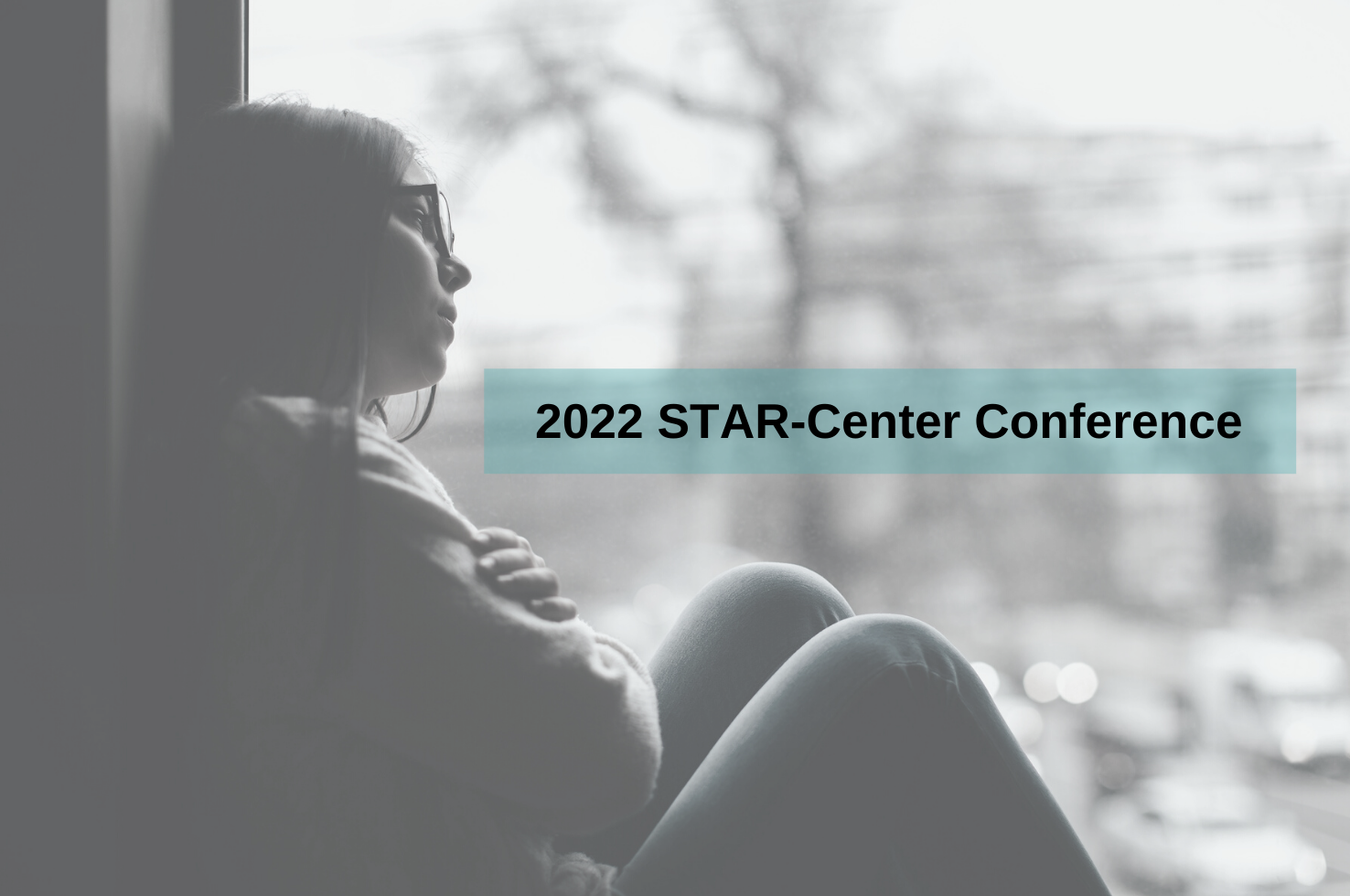Health Equity and Youth Suicide

The Services for Teens at Risk (STAR)-Center is a nationally recognized suicide prevention program that combines clinical and outreach services designed to combat the problem of child and adolescent suicide. The STAR-Center provides outpatient assessment and treatment for depressed and anxious children and teens, and offers acute treatment to depressed and suicidal youth through the Center’s intensive outpatient program.
The STAR-Center annual conference presents best practices in clinical care incorporated into practical guidelines. This year, more than 500 clinicians and educators attended lectures and workshops addressing the theme “Health Equity and Youth Suicide.”
Keynote Speakers
Arielle H. Sheftall, PhD (Principal Investigator, Center for Suicide Prevention and Research, The Abigail Wexner Research Institute at Nationwide Children’s; Assistant Professor of Pediatrics, Psychiatry, and Behavioral Health, The Ohio State University College of Medicine), spoke on current trends, research findings, and racial disparities concerning preteen suicide and suicidal behavior in her talk entitled “Preteen Suicide and Suicidal Behavior: Assessment and Prevention.”
Mary Margaret Kerr, EdD (Professor of Health and Human Development, University of Pittsburgh), provided evidence-informed strategies in her talk entitled “This Can’t Wait! Giving Educators the Tools They Need to Understand and Address Students’ Mental Health Concerns.”
Workshops
Jack Rozel, MD, MSL (Associate Professor of Psychiatry and Adjunct Professor of Law), and Rob Ambrosini, PsyD (Southwestern Pennsylvania Regional Threat Assessment Hub), discussed how threat assessment is used to prevent school violence.
Candice Biernesser, PhD, LCSW (Department of Psychiatry postdoctoral scholar), offered guidance on navigating conversations about social media use among adolescents. She provided updated information on social media trends and their impact on adolescent suicidal risk, as well as strategies for monitoring at-risk adolescents.
Antoine Douaihy, MD (Professor of Psychiatry and Medicine), and Rebecca Miller, MD (Assistant Professor of Psychiatry), discussed substance use and substance use disorders in adolescents and young adults.
Danella Hafeman, MD, PhD (Assistant Professor of Psychiatry), led a workshop on how mindfulness interventions might impact the brain and emotions, particularly in high-stress environments, and introduced practical exercises that can be used to integrate these concepts to adolescents.
Sansea Jacobson, MD (Associate Professor of Psychiatry), and Dominique Dove, MSCP (Behavioral Health Therapist I, STAR-Center), discussed mental healthcare provider well-being in the context of the ongoing COVID-19 pandemic.
Rachel Vaughn-Coaxum, PhD (Assistant Professor of Psychiatry), led a workshop on current evidence for brief interventions for depression in youth, including skills-based cognitive behavioral treatments and alternative approaches.
Dana Rofey, PhD (Associate Professor of Psychiatry, Pediatrics, Psychology, and Clinical and Translational Science), provided information on cultivating a safe space for transgender and non-binary youth to explore identity, and the importance of providing gender-affirming behavioral and medical healthcare.
Additional workshops were led by Carla Chugani, PhD, LPC (Assistant Professor of Pediatrics, Psychiatry, and Clinical and Translational Science, University of Pittsburgh); Kelsey Bero, LPC, NCC (Behavioral Health Therapist II, STAR-Center); Toya Jones, EdD, LCSW (Assistant Professor of Social Work and Bachelor of Arts in Social Work Program Director, University of Pittsburgh); Mark Lepore, EdD, LPC, LCSW (Clarion University of Pennsylvania); Alisha Miller, PhD (Licensed Psychologist, UPMC Western Psychiatric Hospital); Kaycee Weir, PhD (Licensed Psychologist, UPMC Children’s Hospital of Pittsburgh).
To learn more about the STAR-Center, click here.
